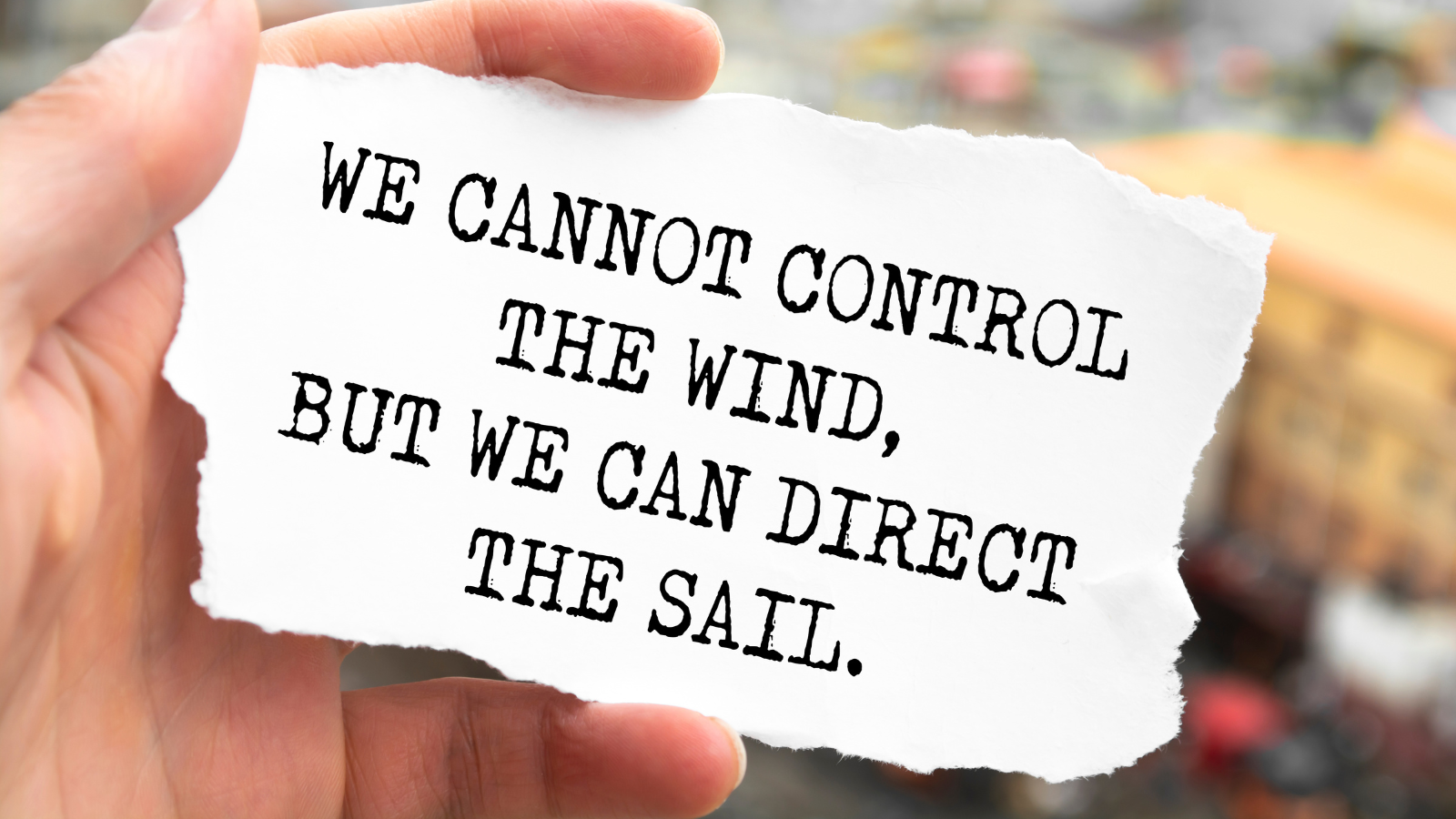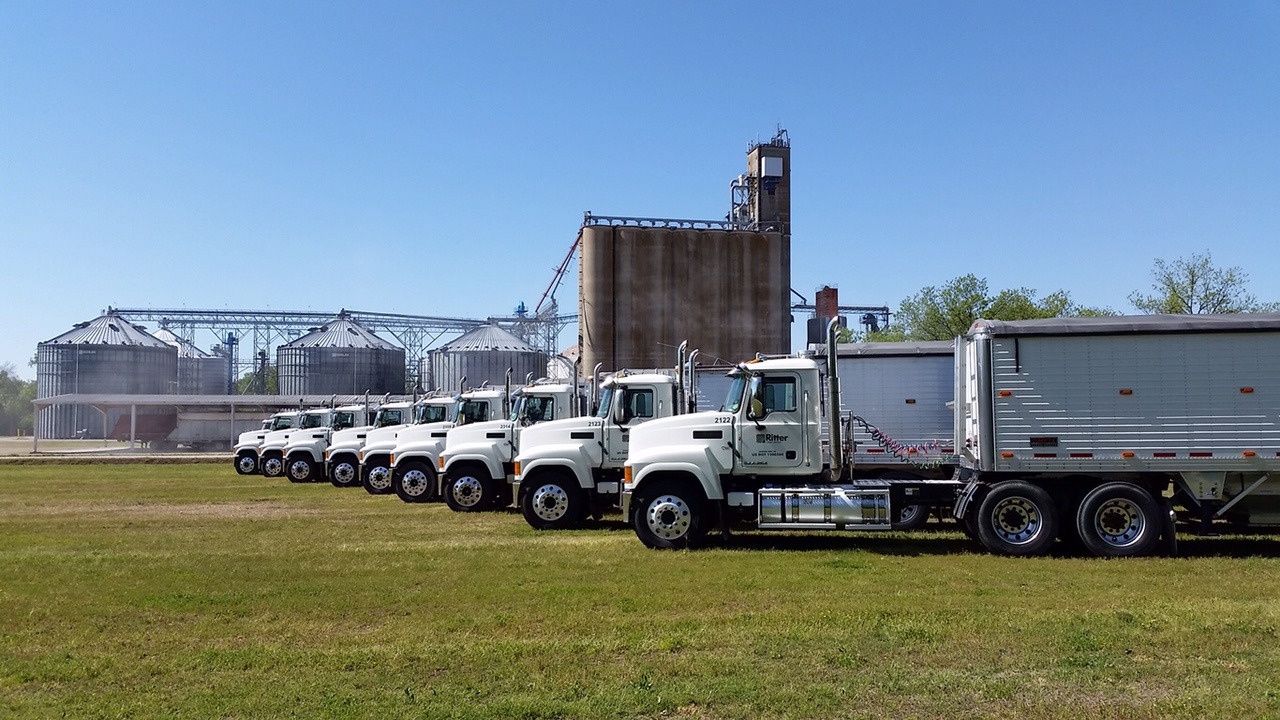Things You Can and Cannot Do in the Grain Business
In the grain business, it’s easy to get distracted by the things we wish we could control. Prices, timing, market moves - these often feel just out...

A big drop in prices has farmers understandably reluctant to sell, but the grain industry still needs to grind, process, ship, and otherwise do what it does with grain every day, and grain handlers still need to manage logistics, grain quality, and cash flow.
Deferred Price (also known as “Price Later,” “NPE,” or “DP,” among others, depending on geography) is a way to get all the above happening in an environment where grain is hard to buy.
It’s a way – but is it a good way? As with so many things, the answer is “it depends.”
Deferred Price passes title of the grain to a new owner so that all of the things mentioned previously can happen. However, the original owner retains the right to set the price during some specified time window. For fall crops, this is often either during the summer before harvest or around the start of the next harvest.
That means the title holder is selling grain that will have to be bought later at some as yet unknown value. Is this a problem? Again, it depends.
Here are some questions to ask before you sell Deferred Price grain:
The best-case scenario in grain trading is to have basis, spreads, fees, and interest all working in your favor. It’s often impossible to get all four working for you at the same time, but the more of them you do without, the harder it is to have a good outcome.

In the grain business, it’s easy to get distracted by the things we wish we could control. Prices, timing, market moves - these often feel just out...

It can be very painful for grain companies to change banks. New financial relationships require conference calls, planning sessions, and a lot of...

How many times has a farmer come into your office and told you about some "great, new marketing alternative" that the guy down the street is...